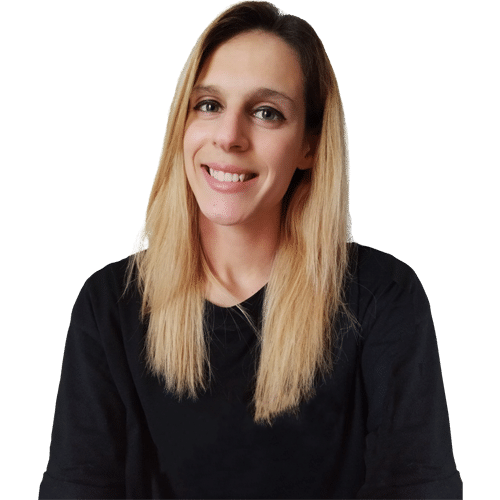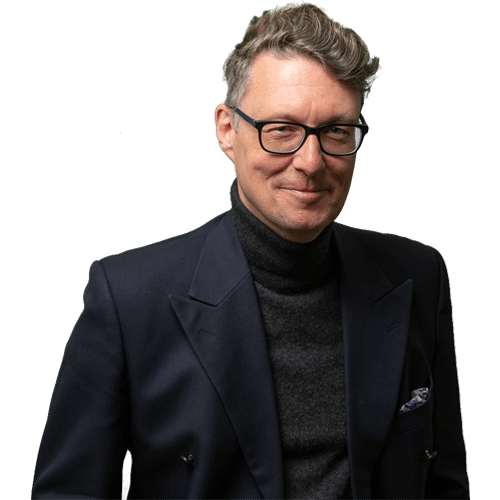A Culture of Community
Raquel Valle Sánchez, ESG Intern at Spencer-West, comes from a Spanish town with a strong community culture, so her commitment to ESG comes naturally.
Can you tell us a bit about your background?
I was born and raised in Jerez de la Frontera, a medium-sized town in the south of Spain that is famous for its sherry wine, horses, and flamenco music. It is a Catholic town, with religious and cultural festivals and processions throughout the year. I have always felt fortunate to have been born in a place where the wellbeing of the whole community, rather than just individual success, is deeply ingrained in the culture. This culture is a source of pride to me, but it also makes me want to take it to other places!
Later, I moved to the beautiful city of Granada to study Translation and Interpreting in English, French, Spanish, and Russian at the University of Granada. During my studies, I specialised in legal translation. I combined this with a year in London at the University of Westminster.
Because my own culture is such an important part of who I am, I’m fascinated by other languages and cultures. I decided to enrol for a CELTA English language teaching course accredited by Cambridge University, and then a master’s degree in Spanish teaching, to enable me to teach both English and Spanish as foreign languages. Nowadays, I work as a Spanish teacher in Hong Kong with groups of young people and adults.
What attracts you to work in ESG?
In my opinion, in the present world there are many aspects that we should worry about: climate change, left-behind communities, and animal welfare.
Something needs to be done in order to lessen the impact of climate change on the planet. As we know, our lifestyle has led us to an unsustainable situation, so we should do everything that is in our power to respect and take care of the environment.
In terms of communities, due to the rise of competitive culture, many vulnerable groups are not offered the same opportunities as the rest of us. I think everybody deserves to have the same opportunities to become what they want to be, regardless of their religion, race, origin, sexual orientation, economic circumstances, or gender. I am particularly concerned about this , and that’s why I am taking action.
Animal welfare is extremely important for our planet. Animals are a vital part of our complex pattern of ecosystems, so we need to take care of them, especially the endangered species, and encourage less invasive ways of farming.
What have you done to turn these beliefs into reality?
As a university student, I was involved for many years in food and toy collection for vulnerable groups, mainly at Christmas. It gave me so much satisfaction to be able to help families and children at the festive time of the year.
During my masters, I volunteered at the Centro de Acogida de Inmigrantes, a small charity based in Jerez which supports refugees. Due to the geographical proximity with Africa, Jerez receives many immigrants from Morocco, Algeria, and sub-Saharan countries. These immigrants come to Spain with nothing, so CEAin provides them with legal, health, psychological and education support. My role was to teach them Spanish because most of them were asylum-seekers who spoke different Arabic dialects, while some spoke French. Some had literacy challenges on top of this, which made the job even harder. Despite all this, they learned how to communicate in Spanish in basic and everyday situations, which was our goal. They became more empowered, and less vulnerable, as a result.
Was there an event or a moment in your past life that led you to wanting you to help this way?
There wasn’t an exact moment, but I have always felt good helping others. I enjoy making people happy, and using my skills and knowledge to help them as much as I can. I think we all should use the skills we are good at to help society, so we can create a much better world.
Are you cutting your own carbon emissions?
Yes, I’m trying my best. I recycle and use public transport or walk every day. I also don’t use much heating or air-conditioning, and don’t leave chargers plugged in. I try to buy local products as much as I can, and try not to buy plastic-packaged food. For the world to change, you have to start with yourself. I think it was Gandhi who said that.
Have you set any targets to reduce your carbon footprint in the future?
Yes, I would like to eat less meat and avoid buying plastic-packaged food. I would like to use solar energy to heat water, and take rubbish to clean-waste areas, which are better for the environment. It’s not easy to do these things if the infrastructure doesn’t exist to help you. It’s important that all countries make it possible for their citizens to participate in reducing emissions.
My hometown, Jerez de la Frontera, is the fastest-developing location for new photovoltaic installations in the entire south of Spain. As part of my internship at Spencer West, I am working with one of the firm’s clients, a solar energy company, to link them with this exciting region, and I would like to support other companies who are trying to develop positive answers to the climate crisis.
If we can do things at a collective level, then we will make an even bigger impact.




